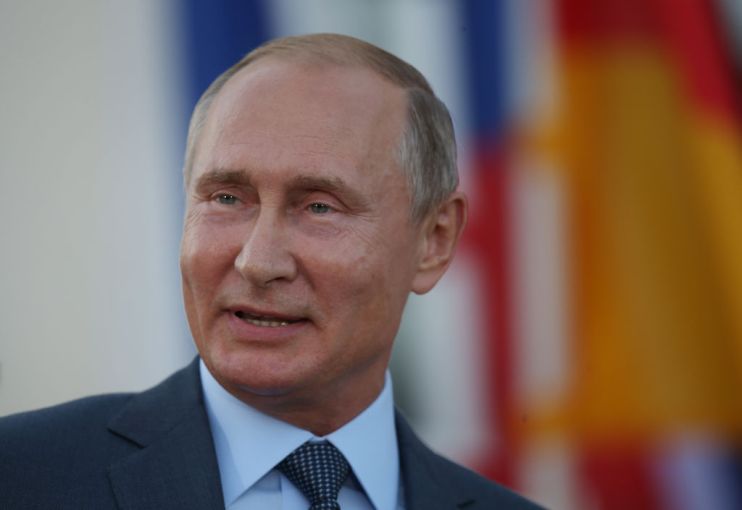Putin’s war with Ukraine is unwinnable but as a leader, he cannot afford to lose

Ten months into Russia’s invasion of Ukraine one simple fact has become abundantly clear: set against its original goal to completely conquer Ukraine, Moscow cannot win the war but neither can Putin afford to lose it.
Ukraine has fought heroically to repulse the original Russian invasion and to push back Putin’s forces. But, for all the positive words, the inescapable fact remains that Ukraine is not currently equipped to retake all its territory. Completely repulsing Russia would be the optimum outcome of the war, but the current capability of the Ukrainian military and pace of advance make this currently unlikely.
The international community, in the absence of further support on the battlefield, should keep open other possibilities for how it can end. It is the Ukrainian people, above all, who continue to suffer most from the ongoing hostilities, with widespread blackouts arising from continued Russian missile attacks.
Since the initial invasion Russia has had an estimated 100,000 troops killed or injured and has had to take the deeply unpopular decision to mobilise more reservists at home. Facing well-equipped and highly motivated Ukrainian forces, Russia retains control of territory not significantly larger than when they first invaded. Set against their original objective of bringing Ukraine into its orbit, Russia has no realistic prospect of victory.
But Putin has tied himself inexorably to the conflict. If Russia is defeated it is hard to foresee how Putin can continue as leader, with growing opposition on both his pro and anti war flanks. So he can neither win, nor can he afford to lose. With significant territorial gains off the cards, Russia will likely continue to escalate hostilities through other means such as missile strikes to cripple Ukraine’s infrastructure.
Ukraine faces a long, difficult winter. Zelensky will face significant pressure in the coming months to keep the country functioning in the face of incessant Russian missile strikes, equip Ukraine’s military for the next significant phase of the ground campaign in the spring and begin the long process rebuilding the country. This is no easy feat. Globally, the continued conflict continues to have grave impacts. Growth forecasts have been cut, while prices, particularly food and energy, are rising.
For Ukraine’s international allies, the starting point must be agreeing on a unified strategy for sustained military and humanitarian support. If we truly believe Ukraine can win the war, we should equip them to do so. We should do all we can to help Ukraine building on the “just-in-time, just enough” approach Admiral Rob Bauer, Chairman of NATO’s military committee, used to characterise the defence industry’s approach to the war. Greater Pan-European and American coordination is needed to address serious issues of stockpiling and equipment supply, which would help shift Ukraine onto a stronger footing come spring.
If, on the other hand, it becomes clear that the next phases of the war are likely to be protracted and costly, a negotiated end to the war should stay on the table, and form part of our preparations. Such a course must start and be led by Ukraine but it will require international support.
While Russia remains trapped in a war it cannot win but cannot afford to lose, Ukraine faces an uphill battle. This winter needs to be a period when we take a hard-headed look at how the war is progressing and what our strategy as an ally should be. Effectively supporting Ukraine in the next phase of the conflict means ensuring our assistance matches their need, not just militarily but economically, and, critically, ensuring Kyiv is in the strongest position possible if it does decide negotiations are needed.
Jacob Delorme, Kitty Mant and Ruby Osman contributed to this article.
.